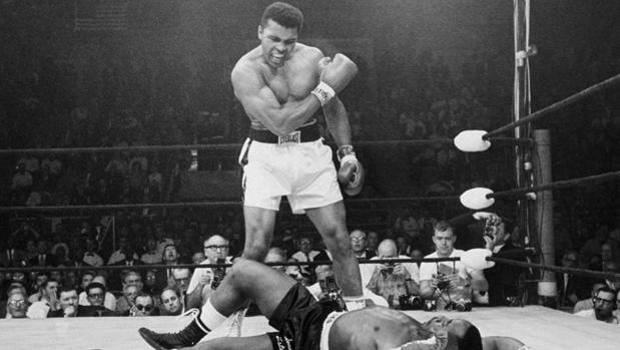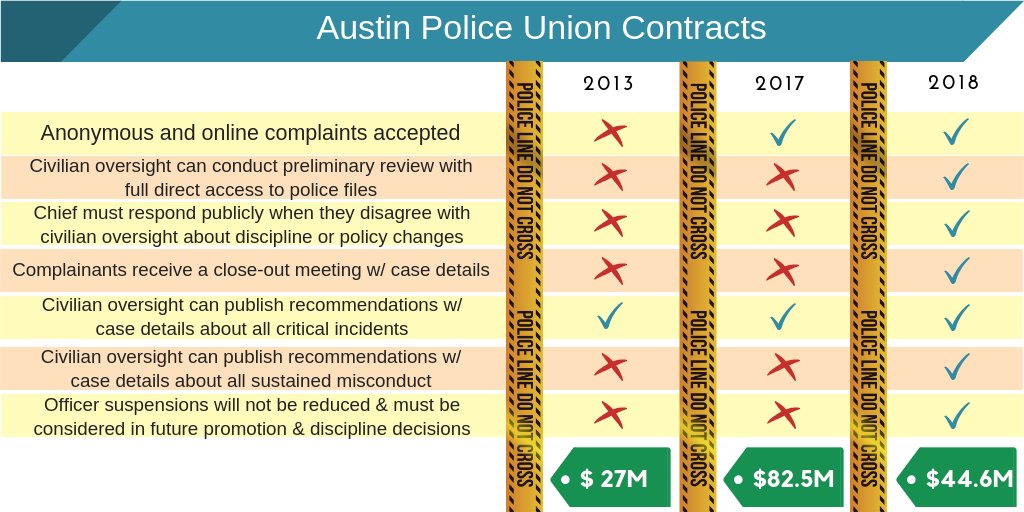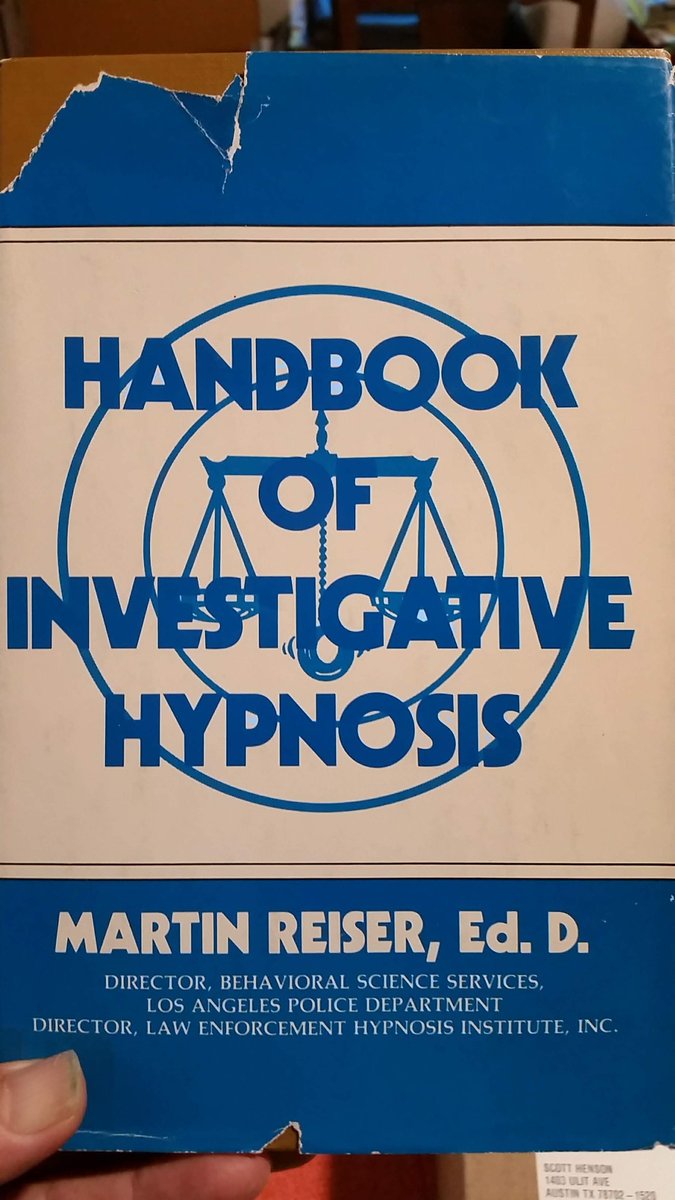The Houston Chronicle has
published a series on traffic deaths which, from Grits' observation, mostly has repeated tropes from self-interested secondary sources rather than investigate causes and solutions. Only one article in the series - on
traffic engineering - advocated for solutions Grits believes would significantly contribute to traffic-death reductions. The rest gave platforms for elites to promote their own, self-interested agendas.
Readers will recall the Chron's extended
advocacy piece masquerading as news advocating for an increase in patrol officers to make DWI arrests. Having covered the vagaries of DWI arrest-and-death data for several years,
Grits responded to point out that, in fact, there appeared to be little relation. DWI enforcement has plummeted in recent years, along with traffic enforcement, as police shifted to other priorities and the Department of Public Safety increasingly
sent its traffic-patrol force to the border. But per-capita DWI death rates declined, despite the radical drop in enforcement. The Chronicle ignored that data to advocate for more arrests.
Their latest offering promotes the fake-news media bugaboo of distracted driving, calling for a criminal ban on talking or texting on the phone while driving and stiffer enforcement of current prohibitions.
I say "fake news" because the press have chosen to hone in on banning cell-phone use despite evidence that a criminalize-it approach doesn't work and may do more harm than good. That's what happened here, and in this case, I'd presented the reporters with contrary information that they either downplayed or didn't report.
The article significantly, and one must conclude, intentionally, overstates the extent to which cell-phone distractions contribute to deaths. But because they had seen the contrary information (I sent it to them), they phrase it in a way that acknowledges the counter-narrative then ignores the implications to pivot to a relatively minor cause of "distraction." Their commentary avoids ever making a declarative statement saying cell-phone use is a significant cause of traffic fatalities (since really, it is not), instead declaring experts are focusing on it, which apparently gives the authors license to never focus anywhere else. Here's their assessment of the problem:
The problem of distracted driving is as old as the automobile. Cellphones get the bulk of the blame of late, but safety experts say a range of features and pastimes — from stereos to food to the seemingly endless variety of gauges, indicators and dashboard displays — can present a danger. Sometimes the distraction is not even inside the vehicle; roadside vistas or startling scenes draw drivers' attention away from the lanes ahead. As long as people have passengers or the propensity to daydream, drivers will always have something else on their minds.
The issue has particular relevance in Houston and Texas, where cars are personal and sacred spaces, in part because of how much time drivers spend in them. The average one-way commute in the Houston area is nearly 30 minutes, and it is not uncommon for workers to spend an hour or more in the car each morning and evening.
So drivers pass the time as pleasantly or as usefully as they can. They listen to music or podcasts. They make work or personal phone calls. They eat and drink. During the morning commute, drivers can check their rear-view mirrors and see a man making last-minute hair fixes or a woman applying makeup. Many are doing multiple things at once, such as smoking a cigarette while holding their phone while reaching to turn down the radio or grab a sip of coffee.
All of it adds up to distraction. Safety experts have zeroed in on cellphones, mostly because the devices have become ubiquitous in everyday life.
The rest of the article is an advocacy piece for criminalizing cell-phone use in the car, masquerading as a news article. Like the unnamed experts, the authors "zeroed in on cellphones" while ignoring much more significant distractions.
Conflating "distracted driving" with cell-phone use and focusing on the latter is like trying to reduce one's carbon footprint by installing a single, energy-efficient light bulb in the utility room while driving a gas-guzzling SUV.
Here's Dirty Little Secret #1 about this debate:
People who are prone to distraction will find something to distract them. Take away one distraction and they will find another. Mainly we're talking about young people, whose accident rates were higher than adults long before smart-phones showed up on the scene.
Daydreaming is a bigger distraction, by far, than talking and texting on the phone combined. Should we criminalize that? In my own experience, trying to manage or discipline kids in the back seat while driving can be a bigger distraction than any phone call, in part because it can require looking back and taking one's eyes off the road. Number two for me would be fiddling with the radio (at least, before the radio was replaced by my phone). But I've never heard any of the distracted driving whiners suggest bans on those common behaviors.
Ditto for eating in the car; reporters do that routinely so THAT'S not going to be the low-impact behavior they choose to castigate. And while, because of gender-subject position, I cannot speak with first-hand knowledge, I've wondered with amazement as I've seen women in traffic putting on their make up in the rear-view mirror. It's hard to imagine a greater distraction than that, short of just opening up a broadsheet newspaper and reading a bullshit article about distracted driving.
In reality, only
1.2 percent of fatal traffic crashes involve distracting cell phone use. And indeed, late in the article, after laying out their advocacy argument for increased criminalization, they acknowledge the data don't justify their suggestions under a subhed labeled "Irregular reporting." "From 2010 through 2017, there were 4,997 roadway fatalities in the region, and crash reports listed a cellphone being in use in only 60 of them," they inform us, which would seem to be a de minumus source, in the scheme of things.
Rather than accept the implications of the data in front of them, they quote someone paid to "advocat[e] nationally for tougher phone laws" declaring "We're quite certain it's underreported." The rest of the article goes on in detail about how few people are ticketed for texting while driving and implicitly chastising agencies that don't share the reporters' priorities.
Given that per-capita traffic-death rates have been declining in Texas, it's hard to see where this supposed epidemic is causing some new raft of problems.
Indeed, nowhere in the article do we see mention of a
study by an insurance-industry institute, which I told them about, which found that states enacting texting bans had higher texting-related-death rates as a result. The insurance-industry folks behind the study hypothesized that criminalizing the behavior made people hold their phones in their laps instead of up by the wheel where they could keep half an eye on the road.
Whatever the reason, shouldn't that counter-intuitive result at least be part of the calculus? Shouldn't Texas learn from the mistakes of other states and not pass laws that may
increase traffic deaths? For that matter, should Houston Chronicle readers be made aware of real-world results that contradict the thrust of reporters' advocacy for criminalizing widespread behaviors?
Which brings us to Dirty Little Secret #2:
Cell-phone bans are a blame-the-victim coverup by politicians to shift attention from their own failures to invest in road safety. That includes both public transportation in and in between major Texas cities, and the sorts of traffic-engineering investments described in their
one, useful article in this series.
Because roads are expensive and Texas politicians for two decades have been falling over themselves to outdo one another on who is the most anti-tax, Texas has failed to invest in its road systems, in its bridges and overpasses, in accommodations for cyclists and pedestrians (and now, scooters), much less in engineering improvements that would increase traffic safety. And this failure to invest is costing lives, as Grits wrote back in 2014:
By contrast, few politicians want to talk about the much more significant cause of fatal accidents in Texas: Under-investment in transportation infrastructure, particularly in the oil patch where the Eagle Ford shale region has seen a 40 percent increase in fatal crashes, but really throughout the state. Those parsimonious budget decisions at the Legislature are contributing more to the traffic fatality total than drivers talking on cell phones. But it's not as much fun to hold a press conference demagoguing against oneself. So it's better from a pol's perspective to find some group to blame and criminalize, like cell-phone users, even if in the scheme of things that's not the most common cause of driving fatalities, by a long shot, and bans may even make the problem worse.
And lo and behold, which Texas legislator is the state's most vocal proponent of texting-while-driving bans? Why, it's state Rep. Tom Craddick, a former House Speaker who represents the Permian-Basin-oil-patch, but whose leadership did not coincide with investments that might have prevented the spike in deaths described above.
This focus on "distracted driving," in Grits' view, is at root a self-interested distraction for the public aimed at diverting attention from the much more significant causes of traffic deaths - mainly failure to invest in various types of infrastructure. Those stem from politicians' direct decisions, for which they could and should be held accountable. By name. During elections.
Instead, the newspaper quotes those same politicians blaming the public for using their phones while they're stuck on the dysfunctional transportation system their government has provided them, in the Houston area, sometimes for hours at a time. And they do so even though they know (because data they reported show it) that cell-phone use is at most a minor contributor to traffic deaths.
This is lazy reporting. Not only does it ignore data in the authors' possession and fail to follow up on its implications, the narrative it presents told us nothing that hasn't already been reported a hundred times. More, even, than promoting misinformation in service of an elite agenda, un-originality may be these reporters' most serious offense.








.jpg)